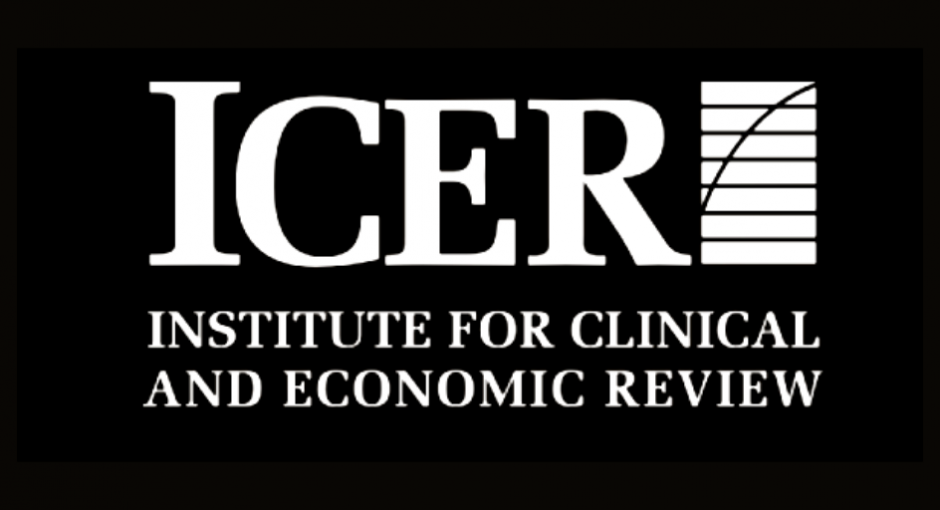The exclusion of 340B pricing for some hospitals on drugs to treat orphan conditions and diseases could be partially eliminated to slow “the rapid growth in approved rare disease treatments” and “their cumulative affordability to the health system,” an influential independent nonprofit group that analyzes the clinical and cost effectiveness of drugs said this morning.
The Institute for Clinical and Economic Review (ICER) made the recommendation in an April 7 report.
The Affordable Care Act of 2010 added critical access hospitals, sole community hospitals, rural referral centers, and free-standing cancer hospitals to the 340B program. An 11th hour amendment to the act excluded 340B pricing for these hospitals on drugs with an orphan designation.
A federal district court in 2015 struck down a 340B program regulation that would have let the hospitals access 340B pricing on orphan drugs when they used the drugs for non-orphan diseases or conditions.
Bills have been introduced in Congress ever since to write into federal law what the regulation would have required. None have come close to being passed. ICER’s endorsement of the idea could give the legislation a boost. Its best chance of becoming law is as a rider to a must-pass bill.
“Partial Orphans”
“Partial orphans are particularly common among drugs with the highest overall revenue,” ICER said in the new report. “In 2018, five of the six top selling drugs in the U.S. were partial orphan drugs, and a recent OIG report found that a majority of the highest-expenditure drugs in Medicare have been granted at least one orphan designation.”
The report said that as of the end of 2017, 111 of the 489 drugs with orphan designations also had designations for non-orphan indications. They include Neulasta, which ICER noted “had the fourth highest spend among partial orphan drugs currently on the market, but only 0.6% of
this amount was for its orphan indication of acute radiation syndrome.”
“Dramatically Reduce the Financial Incentives for Partial Orphan Products”
“Policymakers could restrict the 340B exemption for ACA-expanded covered entities to include only the utilization of partial orphans for their orphan indications, which would dramatically reduce the financial incentives for partial orphan products,” ICER said.
“This change would likely require legislation to surmount the U.S. district court decision that struck down HRSA’s interpretive rule, it said. “However, as with all potential narrowing of ODA [Orphan Drug Act] benefits, this policy change harbors some risk of driving investment and innovation away from certain rare disease areas, and it would also be challenging to implement, as it would require participating providers to document, monitor, and report their 340B drug utilization by indication. While such reporting is conceptually possible in the context of well-integrated electronic medical records and data systems, in practice it could create a significant operational burden on 340B entities.”


